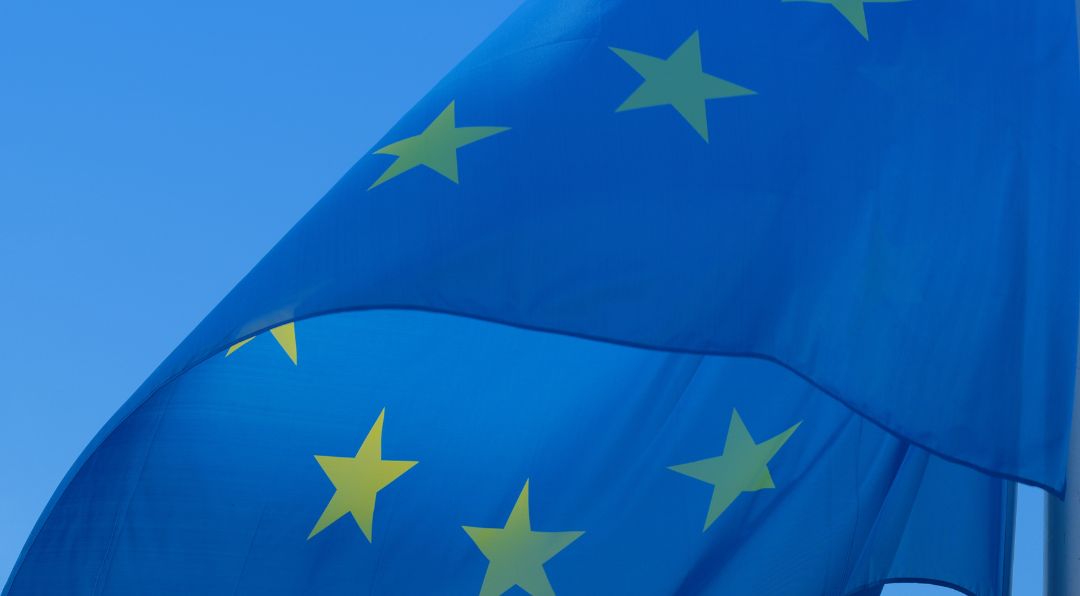In a groundbreaking push towards more integrated higher education within the European Union, adoption of the “European Strategy for Universities” has culminated in the current Commission’s unveiling of the final education package. This initiative, heralded by President Ursula von der Leyen following her 2023 State of the Union address, is part of the Commission’s ambitious 2024 work programme.
The higher education package comprises three essential initiatives to advance transnational cooperation between higher education institutions. The package consists of:
- communication on a blueprint for a European Degree;
- proposal for a Council recommendation to improve quality assurance processes and automatic recognition of qualifications in higher education;
- proposal for a Council recommendation to make academic careers more attractive and sustainable.
These measures are intended to simplify the framework for establishing joint degree programmes, ensuring students’ ease of recognition, access, and mobility while also making European higher education more appealing to employers and industries worldwide.
This initiative has been enthusiastically received by stakeholders across the educational spectrum, including EURASHE. Through consultations and working groups, EURASHE has played an active role in shaping the development of the European Degree. By establishing dedicated task forces, EURASHE has contributed significantly to addressing the needs and challenges faced by the European applied university sector.
On the 27th of March, during the press conference after the adoption of the higher education package, the ambitions were further elaborated on in a recent press conference led by Vice Commissioner Margaritis Schinas and Commissioner Iliana Ivanova. This marks a decisive step towards the realisation of a more interconnected and competitive European Higher Education Area (EHEA).
Vice Commissioner Schinas underscored the significant strides made by the Commission, including the substantial increase in the Erasmus program budget from €9 billion to €27 billion and the formation of 60 European University Alliances. These initiatives paved the way for the introduction of the European Degree — a revolutionary concept that allows students to receive a joint degree from multiple universities across Europe. This development represents a pivotal moment in the Commission’s efforts to enhance mobility and academic cooperation within the EU, positioning the European Degree alongside other landmark achievements like the Schengen Area, the Erasmus program, and the Single Market.
The need for such an innovative degree stems from the growing global challenges and the imperative for Europe to maintain its strategic autonomy. Transnational education is emerging as a necessity to equip future generations with the skills and competencies needed to thrive in an interconnected world. Moreover, the European Degree aims to foster a common European identity and a stronger sense of belonging among the continent’s citizens.
During the conference, it was reiterated that the voluntary nature of stepping into the European Degree pathway and all the supporting mechanisms shall further boost the achievements of the joint European Higher Education Area and its tools, such as qualification frameworks, recognition of those qualifications, quality assurance mechanisms, and overall trust within the sector in Europe. The European Degree will operate voluntarily, with funding from universities. The legislation of member states will govern the issuance of these degrees, ensuring that the initiative respects the diverse educational frameworks and legal systems across the EU.
The European Union, striving for more integrated and competitive higher education, took a further step towards this endeavour today. The European Degree signifies more than just an academic milestone: it embodies the Union’s commitment to fostering unity, enhancing competitiveness, and preparing its citizens for future challenges.
Read more: https://education.ec.europa.eu/news/commission-presents-a-blueprint-for-a-european-degree



Recent Comments